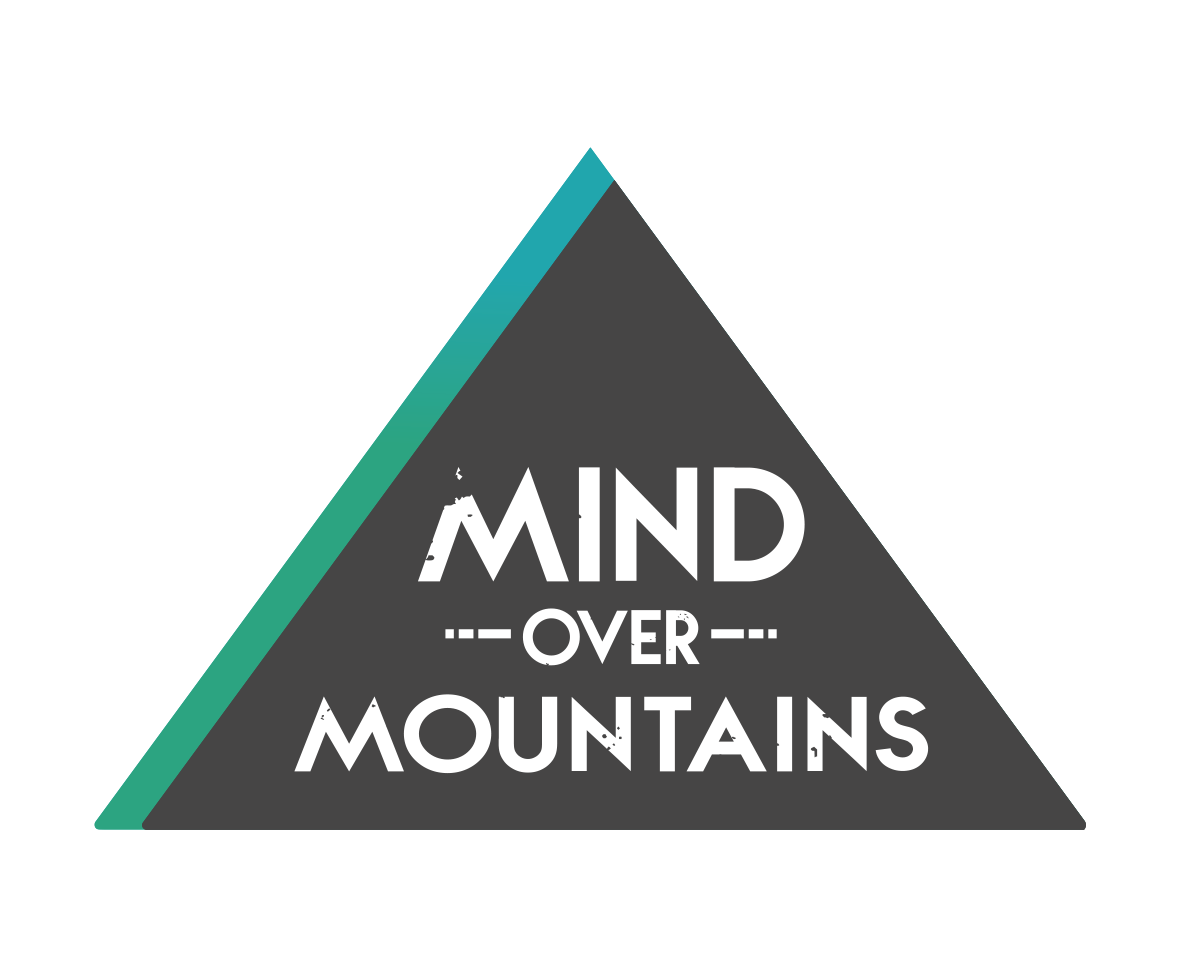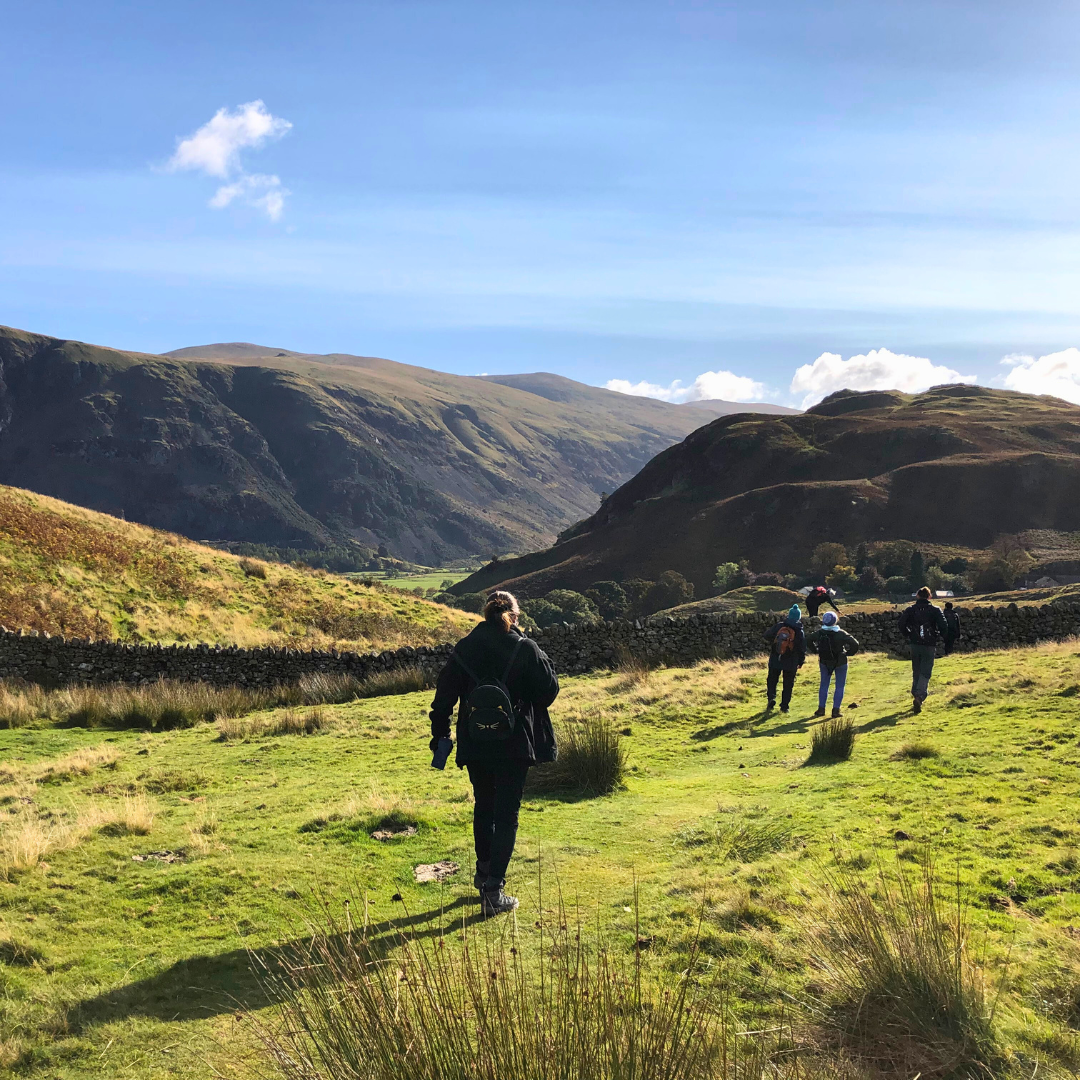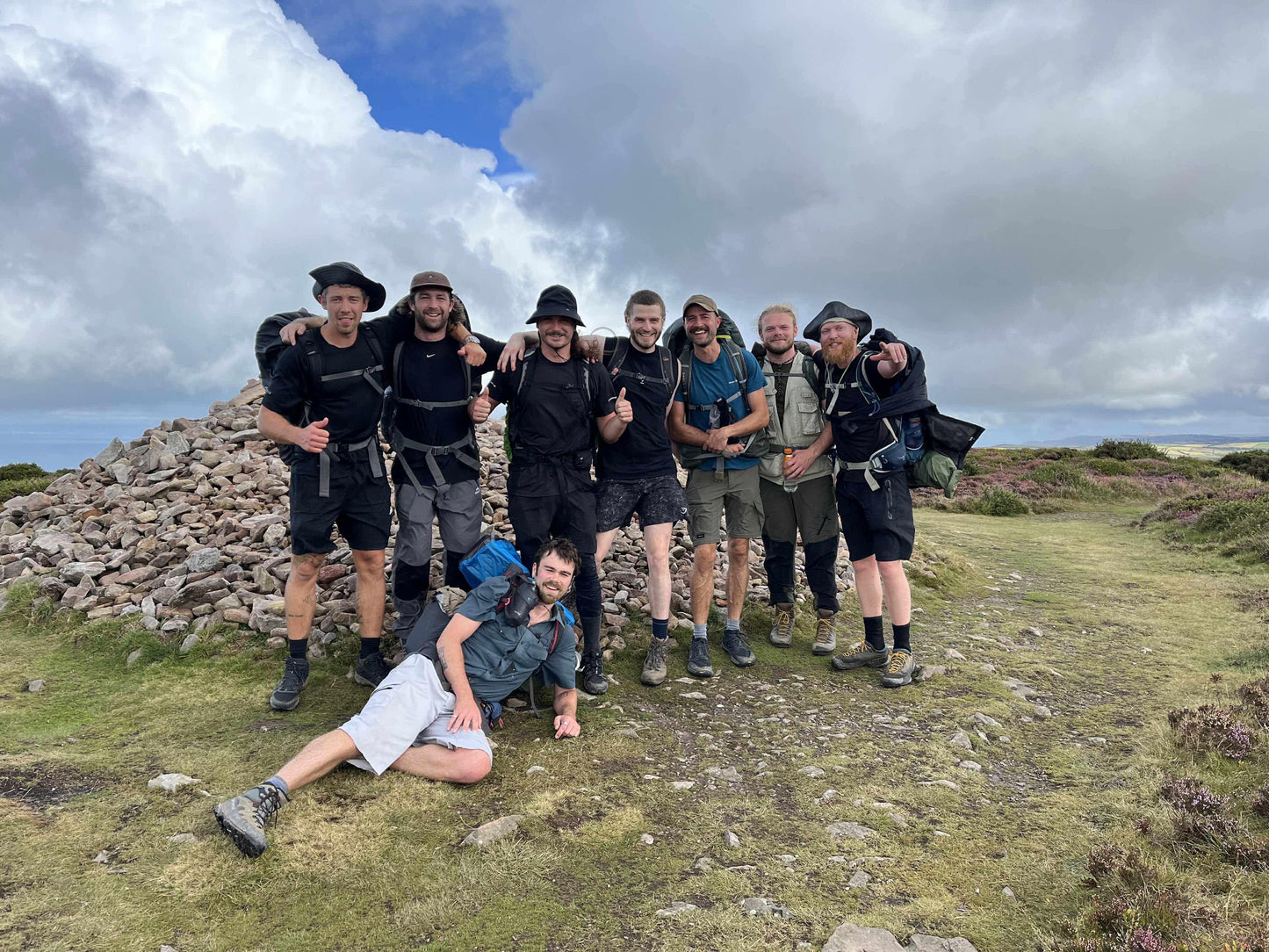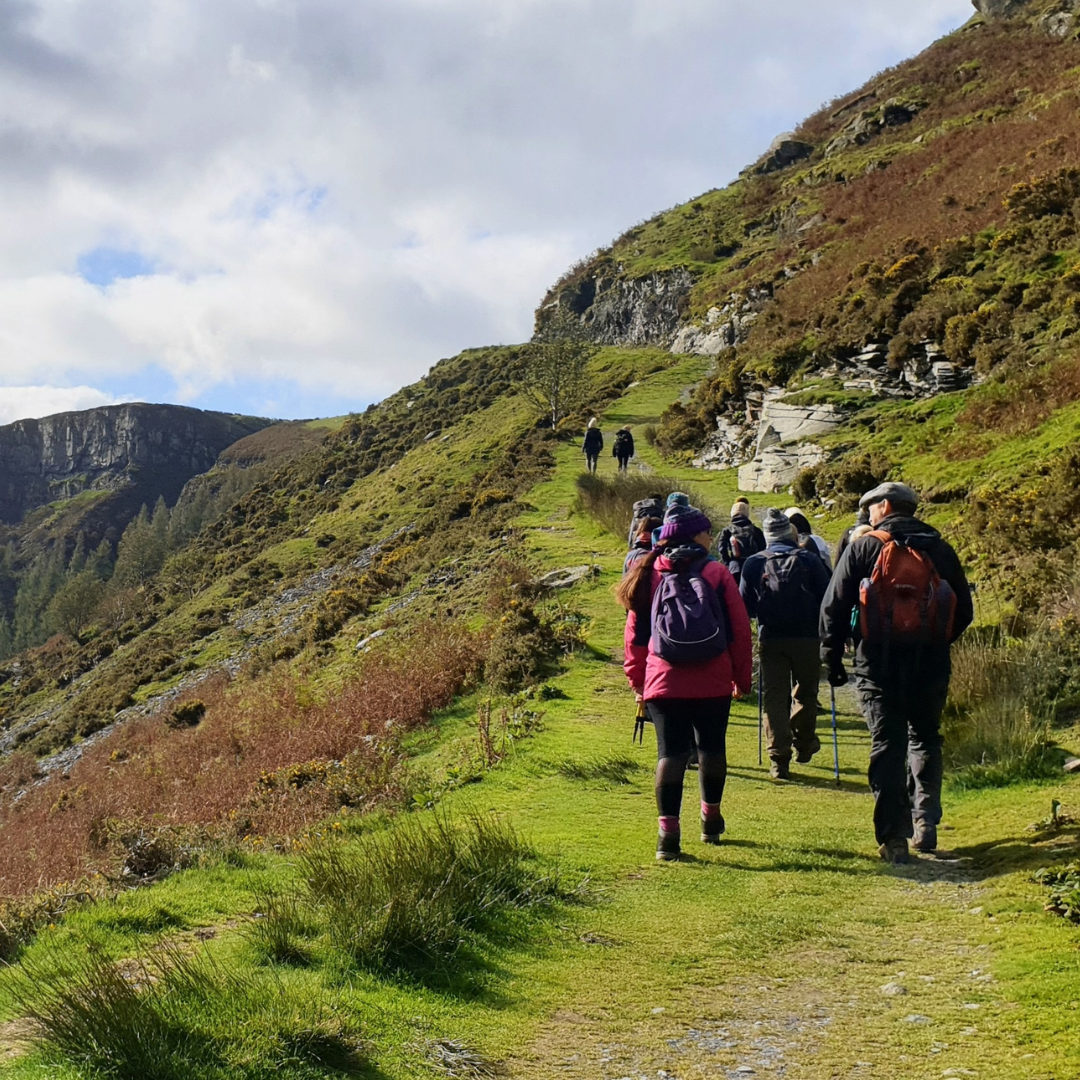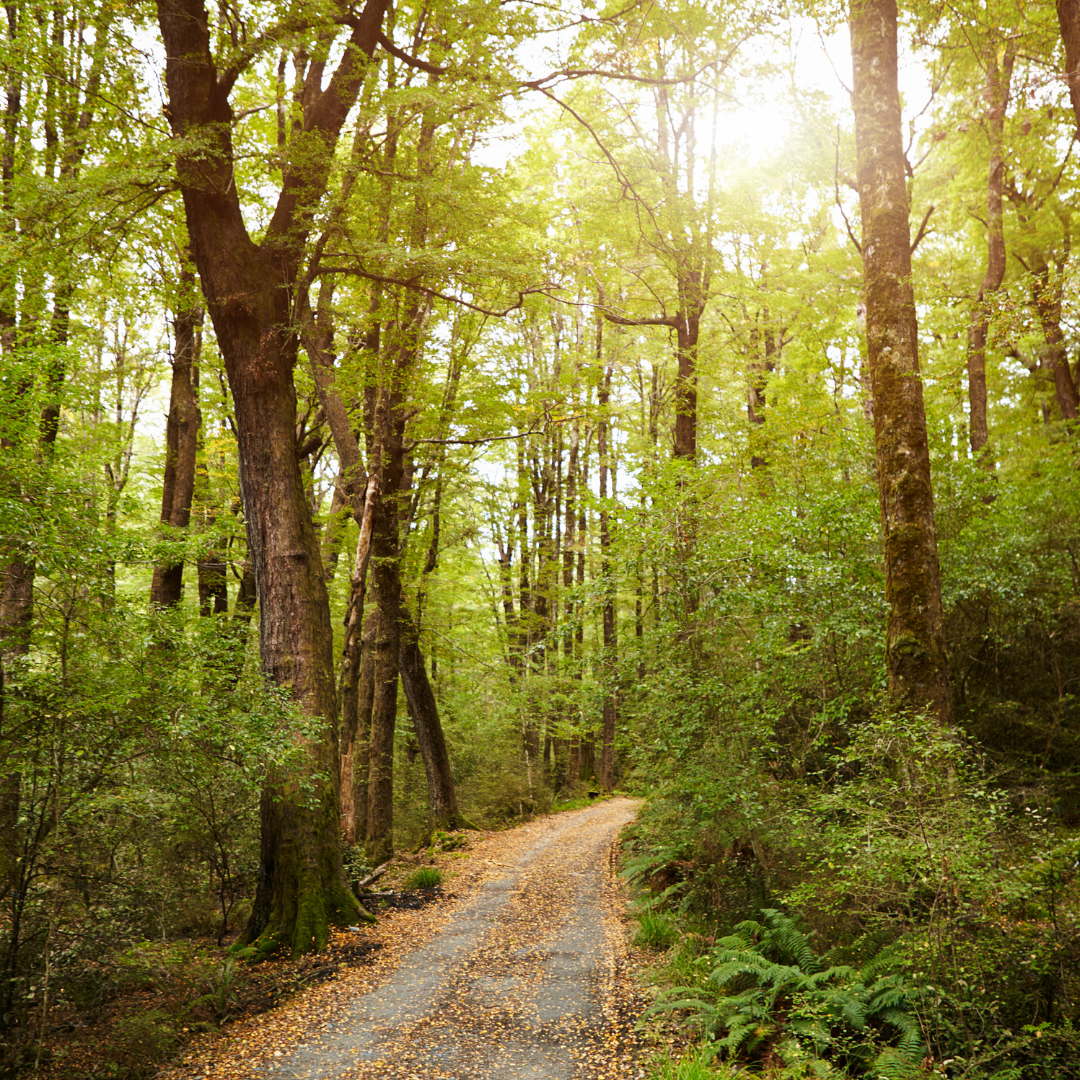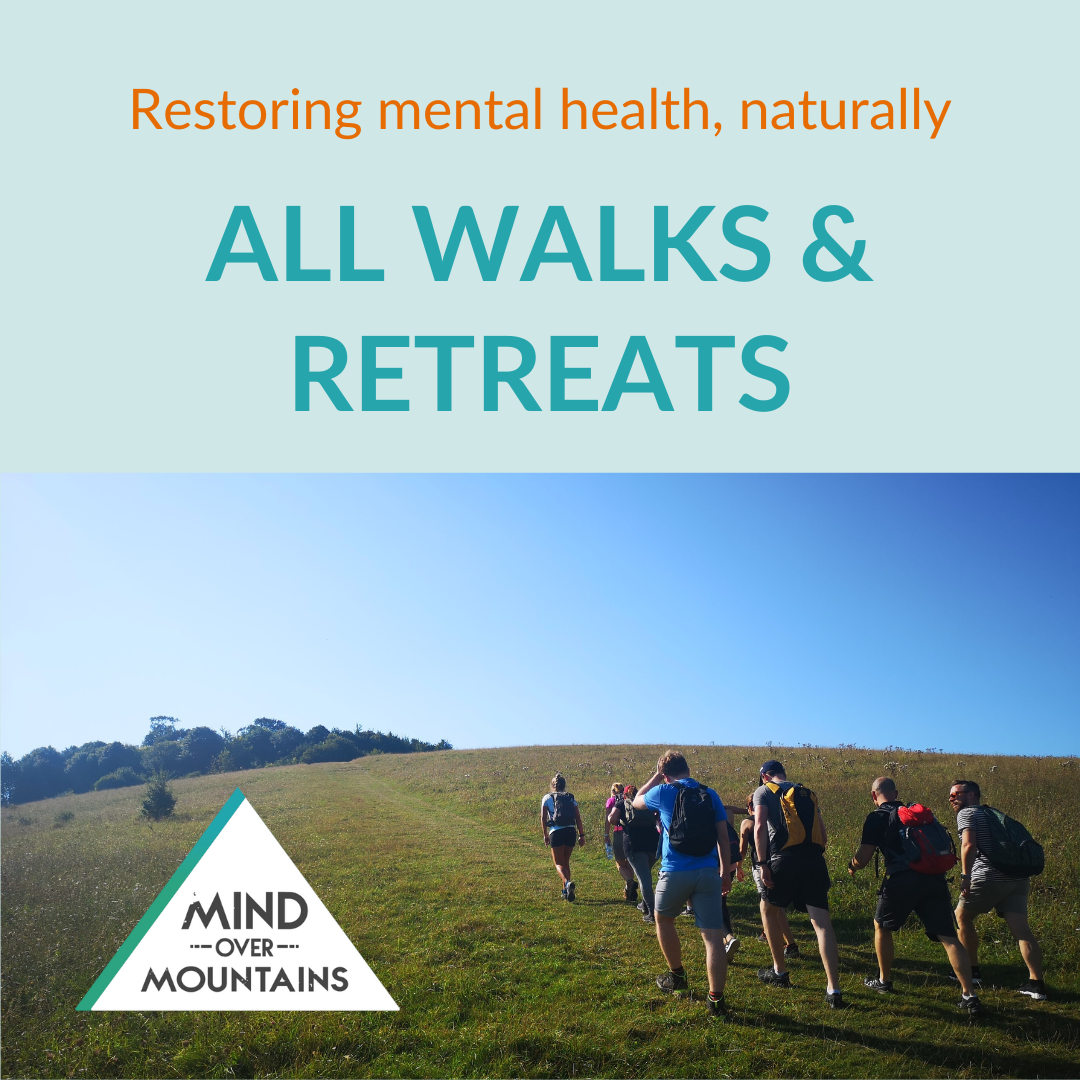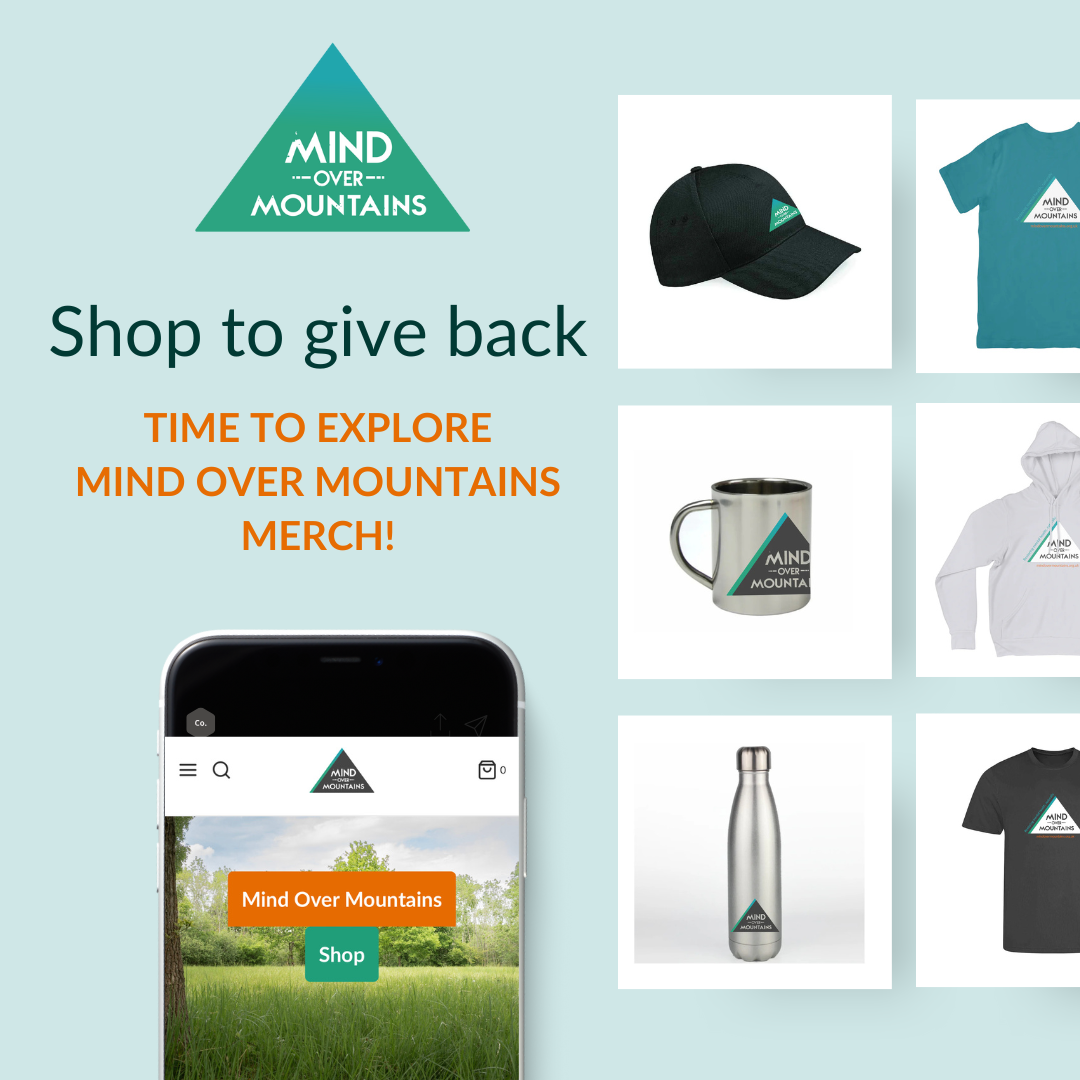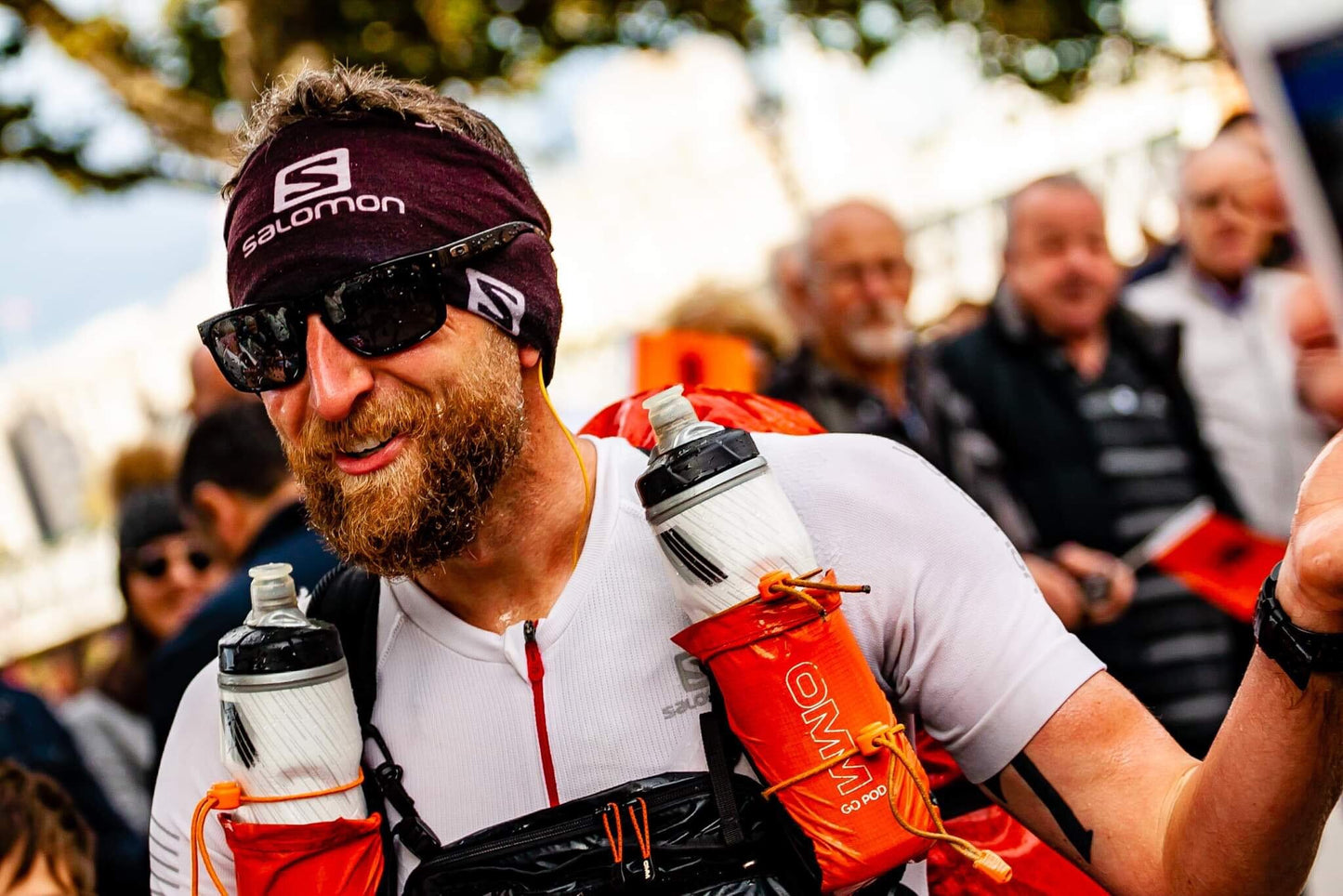
Dan is a mental health activist, keynote speaker, and adventurer on a mission to empower people to speak up when they're suffering.
In 2017, after a five-year battle with bipolar disorder and a full-scale manic episode in Italy in 2012, Dan ran 1,250 miles in 65 days solo and self-supported from The Colosseum in Rome, back home to the London Eye to share his story and inspire thousands of others to speak up about their own personal battles.
Here he chats to us about the importance of simplifying his life, that asking for help is a gift to others, and why we should all run free in fields like a 12-year-old.
WATCH ABOVE OR READ BELOW
If you enjoy this interview and want more tales of adventure, tips to keep your mind and body healthy, unique community offers and our latest events join our mailing list.
So how did the “Rome to Home” adventure come into being, what led to you taking on such a big challenge?
So, I'm being more open about one particular chapter in the whole timeline. It's very easy for me to say that in 2012, I started at this brand-new job and I just got carried away. But actually, the full story is that there was some sexual abuse in my life as a child. And so there was this inner stress I didn't know that I was carrying, this inner trauma for many, many years.
At the age of 21 when I was at university, I remembered what had happened to me as a kid. So, from then on, there were definite chapters in my mood which were getting a bit rocky. There were periods when I started at university where I completely burnt myself out going at 200 miles an hour. I remember I got to Christmas at the end of the first term and I was completely exhausted, I then had to take pretty much a month off university before going back again.
So, there were some early warning signs that something wasn't quite right with my mental wellbeing, based on the fact that I'd been carrying all this kind of inner stress for many, many years. But there's one thing when your body remembers it, there's another thing when it's craving to release that energy. This is probably the most holistic answer I've ever given, because I've only got more comfortable talking about that particular chapter in my life recently.
But 2012 really earmarked a start of this five-year journey, which leads up to Rome to Home and the adventure. In 2012, I felt like I crossed this imaginary finish line. Over the years I've been really passionate about sport and creativity, and social impact and that year I got offered this amazing job as a Community Manager for a snow sports charity. The charity aimed to change the lives of underprivileged inner city, young people, by getting them out to the mountains and I could not believe my luck. I couldn't believe that this job existed, and I landed it.
It almost was as though this huge mass of energy just started flooding out of my system, with all these ideas about changing the lives of these young people. And then thinking if I'm giving all this energy to change the lives of these young people who are struggling, why would I not apply that to you know, the United Kingdom? And then, if I was going to go that far, why wouldn't I try and change the world?
So, I just had this huge compulsion that there's so much suffering in the world and I want to play my part in the biggest way possible to ease the pain that people go through on a daily basis. Over the course of the next six months, this was every single day, day in, day out. I was not paying attention to my health whatsoever, going faster, and faster, and faster. Not sleeping, not exercising. The thought of spending two hours in the kitchen cooking a meal seemed like a waste of time, because people were struggling out there right now. So, all this adrenaline and dopamine was just dialling up and up, and up, and up, over the first six months of 2012. And at the height of that I believed I was the chosen one.
This was six months of this relentless pressure that I was putting on my mind and my body. I couldn't understand why the world wasn't keeping up with my ideas. In the summer of 2012, we booked this two-week holiday out to Italy. Myself and my wife, Georgie, and I completely lost my mind. I had a full-scale manic episode, a full-scale psychotic episode. I ended up in the middle of a major highway near Lake Garda, stopping the traffic, backing up for over 10 miles, preaching.
And the message was to try and force the world to slow down and follow their hearts. Which I believed was this kind of answer to start again as a global society, just to slow down and think about how we're living our lives. But obviously, the irony was that I was going at 200 miles an hour myself.
So, fast-track to a psychiatric ward, pumped full of drugs just to make me slow down, and eat and sleep. Slow down, eat and sleep and repeat. Then I was escorted back to the UK where I got the diagnosis of bipolar disorder. And, without over-simplifying it, the back end of 2012 was a complete write off. It was curtains closed, disconnected, I didn't want to see anybody. I was exhausted, embarrassed, I couldn't trust my mind anymore. I couldn't trust the words that were leaving my lips. It was just a really crippling chapter and I got pretty close to looking for a way to end it.
But I'm just incredibly grateful for the people that I have in my life, as without them, I'm not sure I'd be here now. It was really through the process of starting again, taking all the pressure off, practicing minimalism, simplifying my life, and really focusing on living very intentionally with my mental health, first and foremost. This really started to work for me.
So, over the next five years, it certainly wasn't a linear journey of recovery, but it was constant progression. I started speaking openly about my experiences, I saw no point in hiding what I’d been through. And three incredible things started to happen: I felt much lighter, I built an even greater support network around me, and what I've seen time and time again, is that by being open about my experiences, I was giving permission for other people to be vulnerable.
And so, I just thought I've got to do something with this. I thought what better way to share my story and give permission for other people to speak up, than by returning to Italy. But this time, not standing in the middle of a major motorway, but instead tracking out a really safe path from The Colosseum, all the way back to the London Eye. And yeah, I still absolutely light up thinking about it.
Well, what a journey and thank you for sharing that so honestly, it's incredibly inspiring where you've been and where you've come from. To use that for such a force for good is fantastic. How important was that run then for your recovery?
It was the most important thing in my life. It was like an oil painting that I was lucky enough to live in for those beautiful 65 days. And it was a painting that I had to bring to life, it was a compulsion. There was no way that the adventure wasn't going to happen.
I remember, I was opposite the London Eye actually, when the words Rome to Home popped into my head. I was watching the fireworks, and at the same time it was almost as though "Rome to Home" got painted in the sky with this moment of clarity that I was going to take on the adventure. From those words popping into my head, it almost has felt the adventure had already been completed. I just had to join the dots over the year of preparation. Getting my kit together, the route planning, getting my medication in the right place, my mental health in the right place, and then just bringing it to life. Looking after myself, keeping myself accountable to my mental wellbeing to bring this oil painting to life.
Last week I had a conversation where somebody said, "why did you think The Colosseum and why the London Eye?" and there is something really, I don't know what the word is, but cathartic or spiritual I guess about bringing this journey full circle. Really leaning into the fact that five years prior, in terms of tomorrow, I didn't really want to be here anymore.
And now here I was in a position to take on this truly life-affirming adventure in the service of other people. So, it was absolutely the most important thing in my life at the time.
Aside from the pizza, what were the highlights from that trip?
There were some really standout memories, day one setting off from The Colosseum was a really, really hot day. And it was just beautiful, heading up through Tuscany. Heading up to Sienna, just that feeling that this adventure was suddenly alive.
I was bringing it to life and all the other people that I was meeting on the way, there's loads of people that still walk to The Vatican to get their blessing, and I was following the same path that links all the way up to Canterbury. So, coming across loads of other pilgrims on their own journeys.
Going up and over the spine of Italy, heading up towards The Alps was just incredible. Heading over the Great St Bernard Pass and being in that environment, having just run from The Colosseum it was so enlightening. That high off the ground, looking back down on Aosta, where I'd just run from. Staying at this beautiful hospice, where even Napoleon went over there with his men and stayed in the exact same building with 300 of his soldiers back in the day, so much rich history!
Dropping down to Lake Geneva, Freddie Mercury spent a lot of his time in Montreux in Lake Geneva. So, I had sunset with Freddie Mercury, next to a statue, I'm a huge Queen fan.
Just dealing with conditions, rolling with the punches, running through a storm. As I ran towards the English Channel, I hit the back of Storm Brian, 45 degrees sleet for eight hours that day! Just having fun, I really enjoyed the creative side of the whole adventure. This is why I refer to it as an oil painting because I had a lot of fun putting together these mini video edits every day.

When I reached the English Channel, my sister had crossed on the ferry at 2:30 in the morning to surprise me on the French side, I even did a few laps on the ferry! When I approached the London Eye, there were 160 people waiting for me and it was just red, white and blue, loads of champagne. That day on the 28th of October 2017, I'll never forget it. The sunset was just perfect, we went on the London Eye afterwards and we saw the sun set into the distance. It was just pure magic and a real celebration of all those people that had been with me on that journey, the fundraising I'd raised and just how it touched people's lives.
There was so much life and energy and memories packed into every single day. But, at the same time it went by in a flash. But it was just a beautiful, beautiful experience. And one I'm incredibly lucky that I got to live in for 65 days.
You mentioned about the bad days. The storms, having to roll with the punches. There must have been some challenging and low points as well. What do you think they've taught you most?
I think the big overriding thing which I got from the adventure, is there is always a way. There's always a different path, there's always a different route, there's always a different option.
But maybe the defining low moment on the adventure was on Day 15. I woke up to five separate messages from friends and family back home saying they're worried about me, because my mileage was 28 miles a day, when I only needed to average 20. My video from the day before was just really fast-paced, the edit was so fast, people were struggling to keep up with it. But this was the power of the people that I had in my life saying they were worried about me, and they were absolutely right, I was hypomanic. So once again, with all this energy, exactly what happened back in 2012. My mind was running away with me and I was just so enlightened with how this adventure was unfolding. But I was hypomanic, and if I wasn't careful, I was going to end up in a really dark place again.
So, I just had to listen to the people around me, increase my medications, slow down, switch off, just remember what really mattered most with this whole adventure. After a couple of days of just doing that and, cooling the engine, turning down the gears and sort of resetting, putting on some weight again, just to kind of help me slow down physically, I was good to go. And from then on in, I kept things on a pretty even keel. But yeah, it just goes to show again the power of community.
How much on a day-to-day basis, is running a part of your life now in terms of managing your mental health?
Yeah, it definitely is. Even with the snow recently here in Kent I've managed to get out pretty much every day. If I don't, I feel like a caged animal. I think with the package of bipolar, I do have a lot of energy pumping through my system each day. I've got to be careful to manage that energy and a great way to expel a lot of that energy is to go running. For me, two of my coping mechanisms with bipolar is also to sleep well and eats loads, and running helps with both.
I also find that space on the trails, completely disconnecting from any screens, or my work, or other people sometimes. Just going, seeking that escapism and that purity, that connection to nature just ticks so many boxes. Getting out on the trails is one of, if not the most important thing for my mental wellbeing, for sure.
The last year in the pandemic has been such a hard time, with people losing access to their own tools and their own strategies. I read in The Guardian last week that 1/10 people in the UK have taken up running as a way of managing their mental health during lockdown. What tips could you give to people who might want to start, or those who are interested, but maybe a bit nervous, or don't think that they can. Is there anything you would say to those people to try and help them discover the benefits?
Yeah. It's a brilliant question. I feel like a bit of an advocate, even an evangelist for trail running in particular. I mean, what is trail running? It's literally running anywhere that isn't the road or the pavement. And so, the simple, beautiful, playful way to get connected with that, is literally just to open Google maps and have a look around you within a five-mile radius for the green patches. And then just head out there and have a good look around. I think for me, that's just one of the great ways that I've discovered new routes local to me.
Certainly, for trail running, some grippy footwear definitely helps. But I think a lot of the time when I'm trail running, I feel like a big kid. I just love exploring new routes without an OS map, without Google maps. Once I've decided on a green patch that I want to explore, quite often I'll just find a safe place to park and then just run free, like a child. Obviously just be really, really careful with the conditions and if you're worried, then definitely take your phone with you, and an extra battery pack, but it can be peacefully simple.
Sometimes it's just standing in a corner of a park and turning your back to the city, it can be as simple as that. Or taking some headphones, or something just to quiet the mind. But yeah, look for those green patches, I think is a great starting point. Then take some grippy footwear and just run like a 12-year-old kid again.
Being an activist involves a lot of speaking around your journey. Do you find that has any negative impacts or pressures on you, do you find that you have to actively manage your mental health quite carefully when you're speaking about it?
That's a really interesting question which I don't get asked very often. I do think if you're going about the world, calling yourself a mental health activist, then there is the element of, "wow, your mental health must be perfect, and you've got it all figured out." And I certainly don't.
it's not a challenge for me to be authentic and genuine, and to be very, very honest with people. With my background in sports development, I've always been happy speaking to audiences, so I've got this natural gift of being able to communicate a message and articulate the experiences that I've been through. But I'm not a counsellor, I'm not a therapist, I'm just somebody with these lived experiences.
I think the only pressure comes for me when I'm in a low point myself and I don't have that energy to create. Certainly in 2020 there were huge periods where I felt quite low. I'm very honest that minimalism has played a huge part in my recovery. In 2013, I couldn't make the simplest of choices, because I could not trust my brain. I remember being in a supermarket and I couldn't make, in fact I was fearful to make the wrong decision with a two-pound coin.
I needed to completely strip my life back and start again. So, that process of discovering minimalism and simplicity, and being really intentional on how I was going to spend my time, being very kind to myself, prioritising my mental wellbeing taught me a lot. And it involves being honest with people if they need things from me at certain times, I will ask them to be a bit patient and bear with me. I'm quite honest when I need to take that time out.
I think that kind of self-awareness is something I'm very grateful, from the experiences that I've been through, because it has taught me a lot about being very, very kind to myself which is of course, a huge topic for all of us right now.

You clearly advocate about being kind to yourself, however, this is a commonly used phrase and can be a bit intangible. Do you have any tips to help people think about what self-care might actually look like in their life?
I think the first thing is that self-care is, I always believe, one of the most selfless things that we can be doing for other people. For example, I've got my 20-month-old son downstairs, Maxwell and I have to top myself up to be a great Dad to him.
It's a really great question for different reasons. There's definitely something to be said for reconnecting to yourself, taking that time out to figure out what lights your soul, then use that as your guiding light. A question that's been bounced around recently is, if you had a whole day to practice self-care, would you spend it on yourself or would you spend it on trying to help others, and what would make you feel better at the end of the day?
I think that's a really great question. So, for me, one of my five pillars is the last one. I've got my health, relationships, passions, growth, and being in service to other people. So right now, talking to you I’m feeding health - I feel great, it's mentally cathartic speaking about this topic. I’m feeding relationships – I’m passionate about your community and I grow every time I do this stuff. And lastly, this is hopefully being of service. So, when you offered this chat, this is a hell yes. But that being in service to other people is one of my five pillars with how I lift my own spirits.
These may be completely different for you, but it's just what makes you smile. It's that self-awareness that only comes I think from shutting out the noise and reconnecting to what's really going on in our hearts. We've got to slow down and reconnect, to ourselves and to have those moments of stillness just to ask ourselves those questions. What lifts our spirits? For me, it's this, on Valentine's day, I'm still here choosing to spend time with you.
And lastly, it's Sarah Knight, who's got the book, "The Life-Changing Magic of Not Giving a F**k". She talks about the confidence to say, I'm going to take this time out for me. Like today, this was block-booked, an hour and a half to be part of this awesome conversation together. It was a protected amount of time, I could've let Valentine's Day, or other things get in the way of that. But it's that confidence to say, I'm going to spend my time doing this, because it lights my spirits.
You’ve spoken earlier about parts of your life which were clearly very tough when you were growing up. Trauma can be exceptionally difficult to open up on. Are there any things that you've found helpful to start being able to talk?
Something that really comes to mind quite quickly, is there was a study done in America in the 70s, where they interviewed like 5,000 men in particular about who are the people closest to you in your life that you would open up to about your deepest, darkest secrets. And at the top of that list was their bartender, second was their barber, third was their priest if they were religious, fourth was their friends, and then fifth was their family members.
This has stuck with me ever since I came across that piece of research. I think it's a beautiful reminder that it doesn't have to be the people who are closest to you in your lives that you open up to.
It's not easy though, there's some broader things that I could talk all day long about. Where we connect through our weaknesses as human beings, not our perfections. I don't think we're ever burdening anybody when we reach out for help. I think we're quite often giving the other person the gift of being able to help us.
Even in my chapters of struggling last year, I had to reach out to my friend Jason, and just say, “I'm not in a good place, can we just have a chat?” And he was really grateful actually that I gave him that gift of being able to just listen to me. And we've connected so much more through the back end of last year because of it.
For me, certainly during my most extreme times, I was very fortunate to have counselling, then life coaching played a bit more of a part in my recovery. This helped me think about how I was going to take the meaning from the pain that I've been through and channel that to help other people. So, life coaching played a massive part in having a safe space to explore some crazy ideas, and fine tune them.
I can't speak highly enough about taking time out and really reconnecting to what's really going on inside, because nobody will ever judge you for what's going on in your heart. If you're speaking from a place of what's going on in your heart, you cannot be judged. This is how I feel. I've got this thing going on in my heart, I just want to talk about it in a safe space. Nobody will ever judge you for that.
Of course, I can say there are so many different support groups and help lines, but I'm as guilty as anybody about not picking up the phone to those help lines out there. But just like with that piece of research, never stop looking for that safe space to have these conversations. Whether that's with me, whether that's with Mind Over Mountains, there’s so many other great organisations out there and no shortage of safe spaces with people wanting to have these conversations.
Have you got any upcoming projects or things on the horizon?
Yeah. I'm making headway with my book. It's three years overdue, more and more people are asking about it. I'm loving the process, actually. I'm finding a lot of escapism by telling the story in written word, it's a beautiful process.
The other thing is just to watch this space for another big running adventure. There's a bit of a teaser in the hashtag, #AreWeOKUK which is the small lifestyle brand that I've created really to help other people out there. I'm pretty much giving it away aren't I? But I'd love to take off and run a lap of the UK over 365 days.
But the premise being that Rome to Home was my story. If I could use that as a platform to tell a real human-interest story every single day, over the course of a year, it would be absolutely beautiful. But we're just going to have to wait and see when we can get back out there and do that.
That will be amazing. I'm sure all of us will be there to watch you and support you. What's the best way for people to get in touch with you?
It's an open invite. I like to think of myself as extremely collaborative and as long as I'm waking up every day and hopefully empowering one other person to speak up about the thing which they've got going on inside, that thing that we all carry around and we've been wanting to speak about for far too long. This is what I'm here to do.
Whether that's to one person, or to give a talk to a school, a company, a podcast interview, whatever, I’m all for it. Also, teaming up on another running adventure, which we can use as a platform to help other people, please do reach out to me.
And questions about bipolar, managing my mental wellbeing. If I've got the capacity to talk, then I will. And if I haven't, and I need to look after myself, I'll be honest about that as well, but please do get in touch.
To contact Dan or for links to his socials go to https://www.dankeeley.co/
To watch more of his Rome to Home adventure go to https://www.youtube.com/watch?v=cla6c3Kowz0&t=15s
To find out more about #AreWeOKUK go to https://www.areweok.uk/
Hosted by Alex Staniforth, serial adventurer, mental health activist and our Co-Founder
For want more tales of adventure, tips to keep your mind and body healthy, unique community offers and our latest events join our mailing list.
